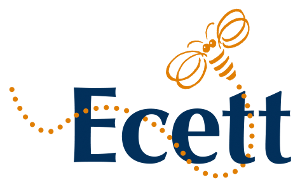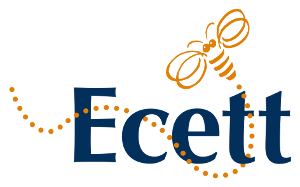By Elodie Plandé from Aurore TC (France):
Every two months the residents of the Aubervilliers TC invite their relatives to the TC. They prepare this day by weekly discussion groups based on their genogram, sculptures, etc. The aim is to put words to the problem of dependency and family relationships in order to restore emotional links.
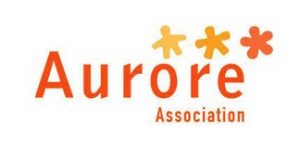
Objectives
- To include the family dynamics within the resident’s recovery process, to integrate the relatives in the relapse prevention work.
- Involve relatives in the relapse prevention process by having a better understanding of the “disease of dependency.
- Working on family ties to help empowerment
- Supporting a recovery that is rooted in the emotions and difficulties encountered in the connection to others and to oneself without using drugs.
- Reflecting on the right distance to have with one’s family circle afterwards and supporting the group of residents to compensate for family failures.
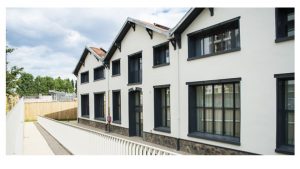
Preparation of “Family Days”
Residents are invited to take part in the weekly “Family Group”, which lasts one hour and 15 minutes and is run jointly by the psychologist and an educator. The users take stock of their relationships with their loved ones, reflect on family dynamics, and address these intimate issues in order to build the relationships they envisage for the future, while being abstinent.
In the “large group” which brings together the whole community, the residents as well as the team, two systemic tools are used: family sculptures and genograms, thanks to which each person can present his or her family, its functioning and its history to the rest of the group.
How the family day works
Every two months, family days are organised during which several residents of phase 2 (or 3) invite one or more members of their entourage (family or friends). Minor children do not participate in Family Days but the Community offers more convivial Children’s Days once or twice a year (e.g. Christmas Tree), or individual meetings to support the relationship between the dependent parents and their child.
These days are divided into several stages, with the idea of giving relatives the experience a “typical day” of the Community:
- didactic course in a large group (“Dependency and Family”),
- lunch and snacks together,
- a discussion group between peers (“family group” led by the psychologist, attended only by invited relatives)
- then individual interviews (between the resident, his/her relative and his/her referents).
Each resident can thus actively participate in one or two days. They all participate as guests in all the family days organised during their stay.
This family work is further complemented by the Parenthood Group which brings together every 15 days those residents who wish to do so, throughout their stay, to address the issue of becoming a parent, being a dependent or abstinent parent, relationships with children during care and the apprehension of parental responsibilities upon departure.
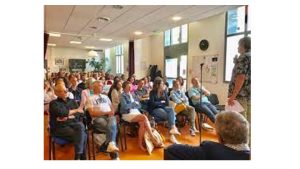
Risks to be managed
The arrival of relatives during Family Days (or Children’s Days) can upset the residents concerned but also those who do not invite anyone: remain vigilant before/during/after these particular days which can awaken strong anxieties and urges to use.
Impact
With a little hindsight we can observe how much the links with relatives (during phone calls, weekends or holidays) are reorganised, modifying distances, expectations and the places of each other; relapses are less frequent, anxieties less massive, psychic autonomisation becoming more visible.
The Ecett Academy can help you to get in touch with the author of the GP; write to contact@ecett.eu.
